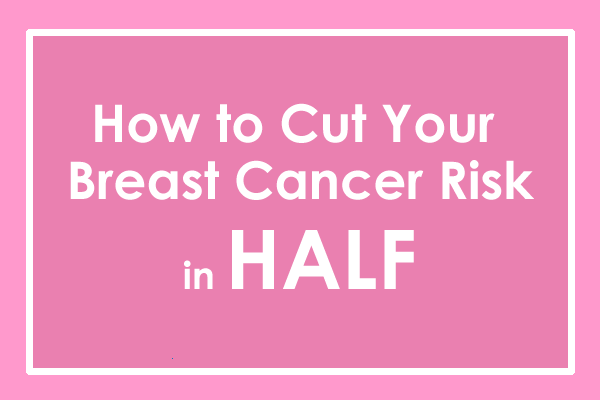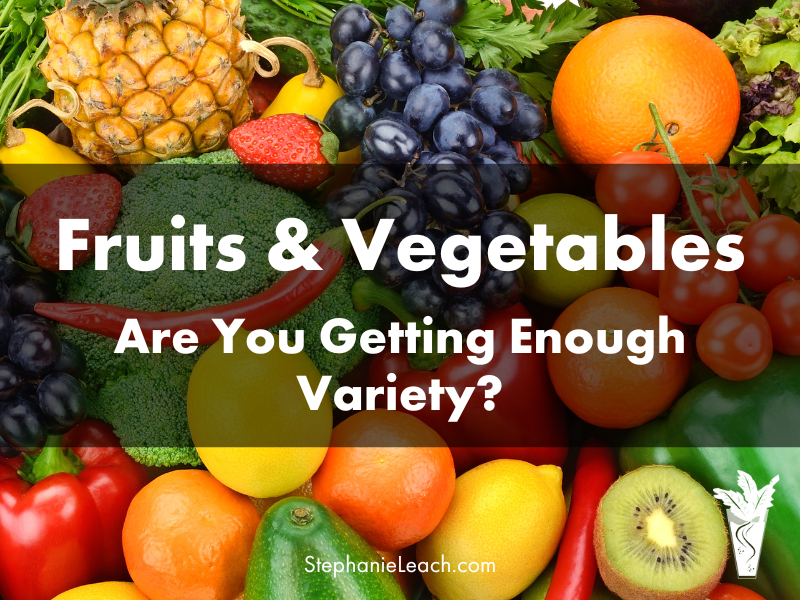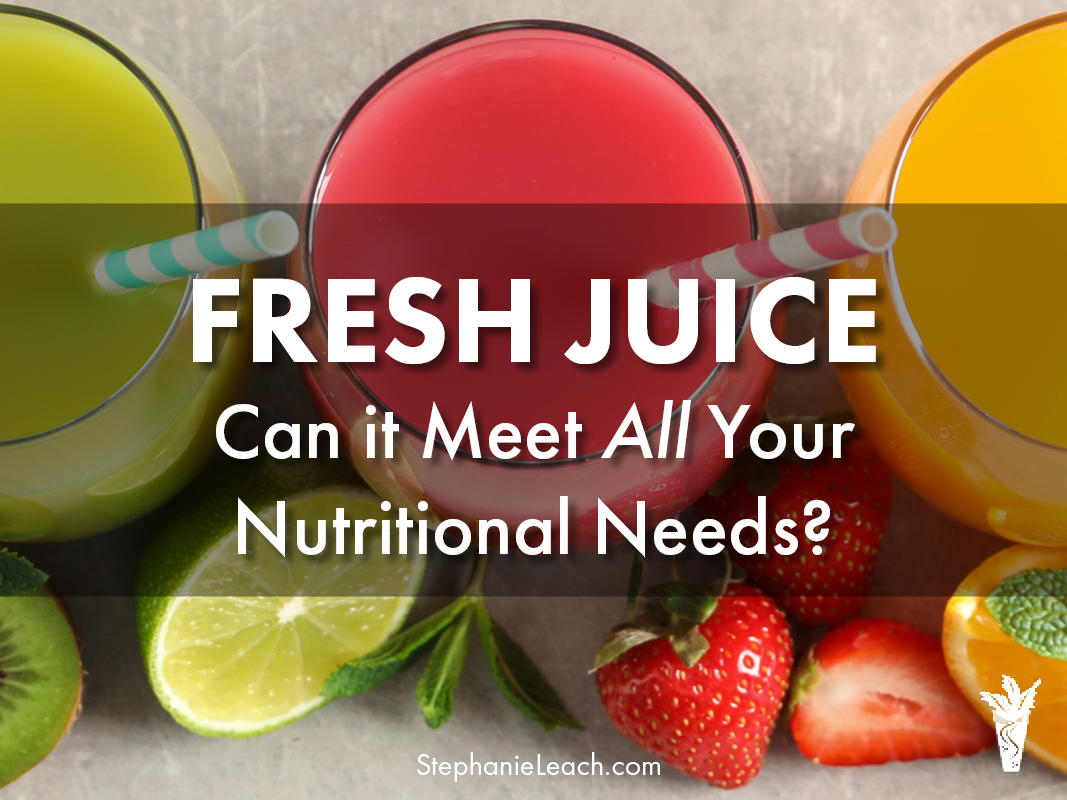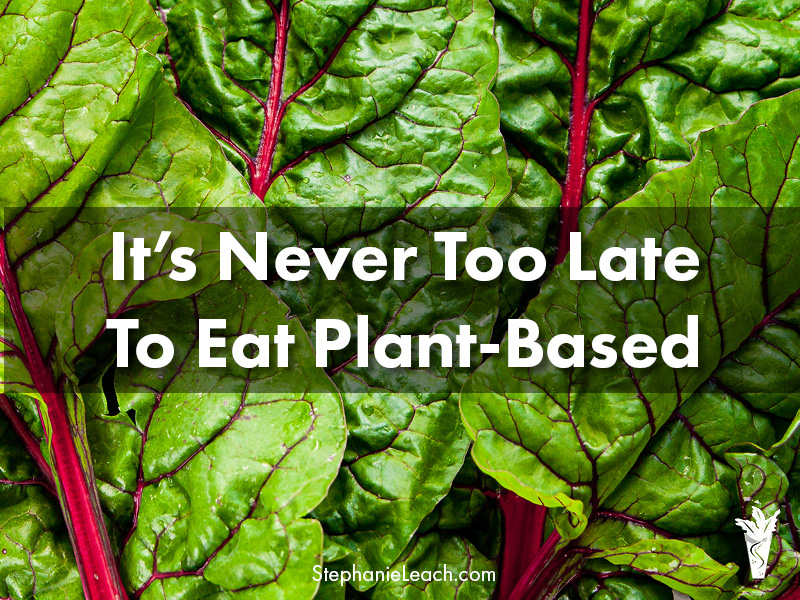Every October the pink ribbons come out. National Breast Cancer Awareness Month has helped bring attention to breast cancer and the need for early diagnosis and effective treatment.
But what about breast cancer prevention?
What can be done to reduce your risk of developing breast cancer in the first place, or reduce the risk of its recurrence?
Recent studies indicate you can do much to mitigate your risk.
Eliminate or Greatly Reduce Processed Meat
One such study, the SU.VI.MAX randomized controlled trial of over 4600 women, concluded that processed meat doubles breast cancer risk in pre-menopausal women.
The processed meat they were eating was mostly pork and beef preserved by salting, smoking, marinating, air-drying or heating. This includes ham, bacon, sausages, liver pate, salami, mortadella, canned meat, hot dogs, deli meat and others.
Why is processed meat so prone to causing cancer?
- Processed meat is rich in saturated fat, which has long been associated with breast cancer risk.
- High-temp cooking methods like searing and grilling create compounds like HCAs and PAHs that exert a pro-carcinogenic effect through direct DNA damage.
- Processed meats contain NOCs, another group of potential carcinogens that result from reaction of nitrite and other preservatives.
Fortunately, this study also demonstrated that dietary and supplemental antioxidants offer powerful protection.
Eat Your Fruits and Veggies
In this randomized, double-blind, placebo-controlled trial, participants received a combination of low-dose antioxidants or a placebo for eight years. The supplement was a single daily capsule of a combination of 120 mg vitamin C, 30 mg vitamin E, 6 mg beta carotene, 100 µg selenium and 20 mg zinc.
While processed meat intake was associated with breast cancer risk in most of the group that received the placebo, it was not directly associated with breast cancer risk in the antioxidant-supplemented group, or in the women that were taking the placebo but had a high antioxidant diet (lots of fruit and veggies.)
How do antioxidants help prevent cancer?
While we don’t know everything yet about how and why a diet high in plant foods is so protective, research has shown the following:
- Vitamin C and other antioxidants such as vitamin E and some carotenoids can inhibit NOC formation
- Antioxidants can protect fatty acids from peroxidation. (Lipid peroxidation is the oxidative degradation of lipids. It is the process in which free radicals “steal” electrons from the lipids in cell membranes, resulting in cell damage.)
So does this mean you can safely eat processed meat if you also eat a lot of fruits and vegetables?
Not necessarily. It’s just one study, and we are all individuals. What we do know is there have been so many studies linking processed meat with various cancers that in 2015 the World Health Organization declared it a Class I carcinogen.
It causes cancer, no doubt about it.
The US hasn’t published any guidelines on limiting processed meat intake (the National Pork Board and other boards are just too powerful.)
The Canadian Cancer Society, however, has this advice:
When it comes to processed meat, “limit your intake and consider it only for things like special occasions, holidays, birthdays… and at a special sporting events. It’s about not making it a daily choice or a regular choice. ”
What about “organic,” “ethically raised,” “nitrate free” marketing?
Don’t fall for it. If it’s smoked, cured or salted, it’s processed meat.
It is up to each person to decide how much risk they want to take. But I believe it should be a well-informed decision.
Personally, my health is far more important to me than the taste of bacon or sausage. Once I got some distance from it, I no longer craved it. I am now just as happy with some tempeh “bacon” or plant-based Field Roast sausage, and my palate surprisingly now rejects animal fat.
If you are interested in adopting a plant-based lifestyle to cut your risk of breast cancer and other chronic conditions (even if it is only 80% or 90% plant-based,) start where you are at. If you are eating lunchmeat and hot dogs, start trying plant-based alternatives. One meal at a time, you’ll slowly displace cancer-promoting foods with health-promoting foods.
If you could use some support to meet your health goals, click here to book your free 30 minute Health Consultation.








Leave A Comment